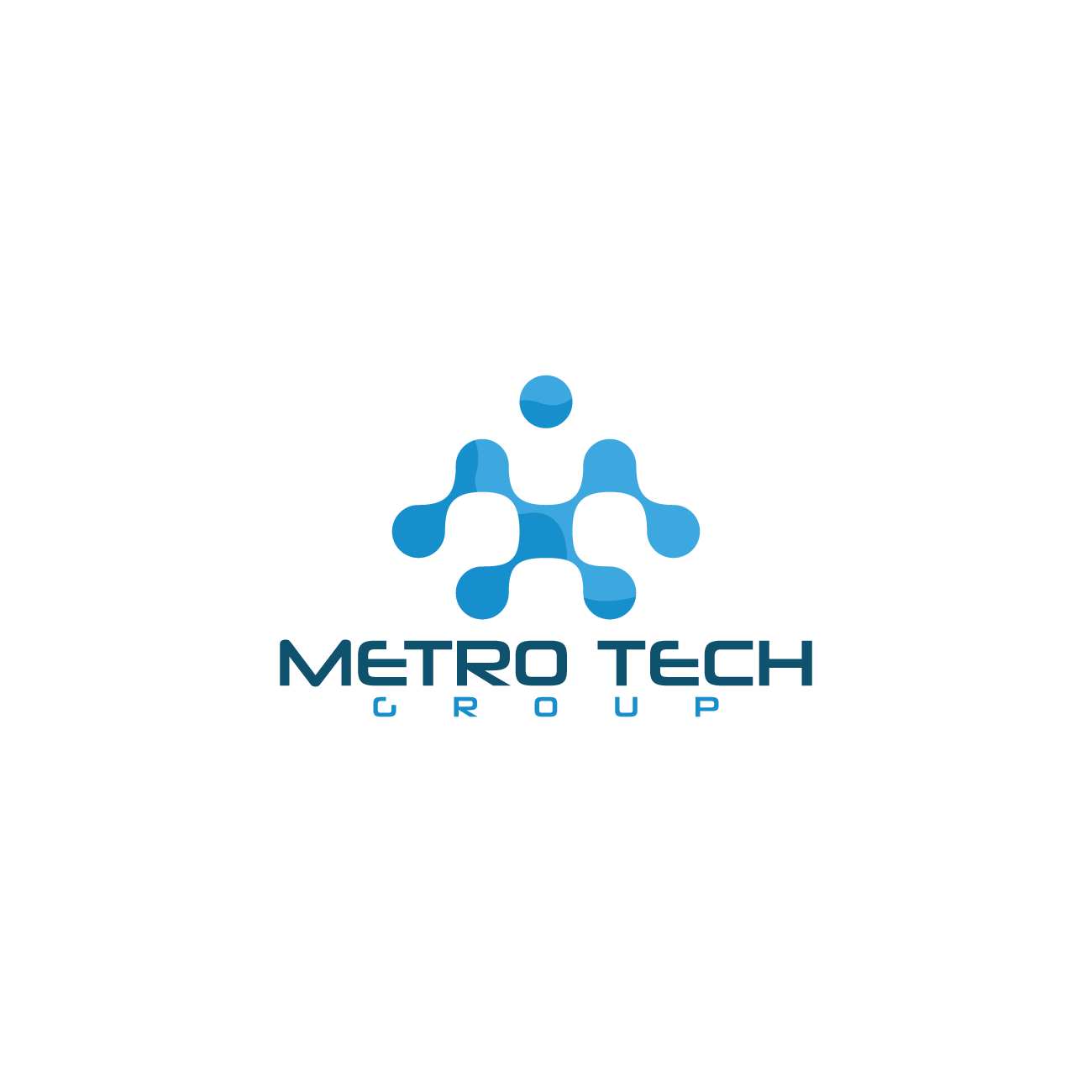The Top 3 Corporate Security Solutions for Enhancing Remote Work Security
In an era where remote work is not just an option but a necessity for many, ensuring the security of corporate data becomes paramount. Explore how the right corporate security solutions can be the cornerstone of not just safeguarding sensitive information but enabling a seamless remote work experience.
1. Comprehensive Cybersecurity Platforms
At the heart of remote work security, comprehensive cybersecurity platforms stand as the digital fortress protecting every facet of corporate data. These platforms are designed to provide an all-encompassing defense mechanism against a range of cyber threats, from phishing attacks to advanced persistent threats. Integration with cloud services ensures that employees can safely access the data they need from any location, making it a cornerstone solution for businesses prioritizing flexibility without compromising on security.
Moreover, the best cybersecurity platforms offer real-time threat detection and response capabilities. This proactive approach not only identifies threats before they can cause harm but also significantly reduces the time needed to mitigate any potential damage. With features like automated incident response and user behavior analytics, these platforms can adapt to the unique security needs of a business, providing tailored protection that evolves alongside emerging threats.
2. Advanced Identity and Access Management Systems
As remote work blurs the physical boundaries of an office, the importance of advanced identity and access management (IAM) systems cannot be overstated. These systems ensure that only authorized users can access sensitive corporate resources, enforcing strict access control policies that can be customized to the specific requirements of a business. Multi-factor authentication (MFA), one of the key features of modern IAM systems, adds an additional layer of security by requiring users to provide two or more verification factors to gain access.
IAM systems not only enhance security but also improve the user experience by streamlining the authentication process. Single Sign-On (SSO) capabilities allow employees to access multiple applications with one set of credentials, reducing password fatigue and the risk of password-related breaches. By integrating IAM systems with other corporate security solutions, businesses can create a robust security posture that supports the dynamic nature of remote work.
3. Encrypted Communication Tools
In today’s digital workplace, the ability to communicate securely and efficiently is crucial. Encrypted communication tools provide a secure channel for team members to collaborate, share files, and conduct meetings without the risk of eavesdropping or data interception. These tools use end-to-end encryption to ensure that only the intended recipients can read the messages, making them ideal for discussing sensitive information or working on confidential projects.
Beyond encryption, these communication tools often come equipped with features like digital rights management (DRM), which allows administrators to control who can view, share, or edit documents, even after they have been downloaded. This level of control is invaluable in preventing data leaks and ensuring that sensitive information remains within the confines of the organization. By incorporating encrypted communication tools into their corporate security solutions, businesses can foster a secure and collaborative remote work environment that prioritizes data protection.
As the landscape of work continues to evolve towards more flexible remote setups, the value of robust corporate security solutions has never been higher. These solutions not only defend against the ever-changing threat landscape but also empower businesses to thrive in a digital-first environment.

